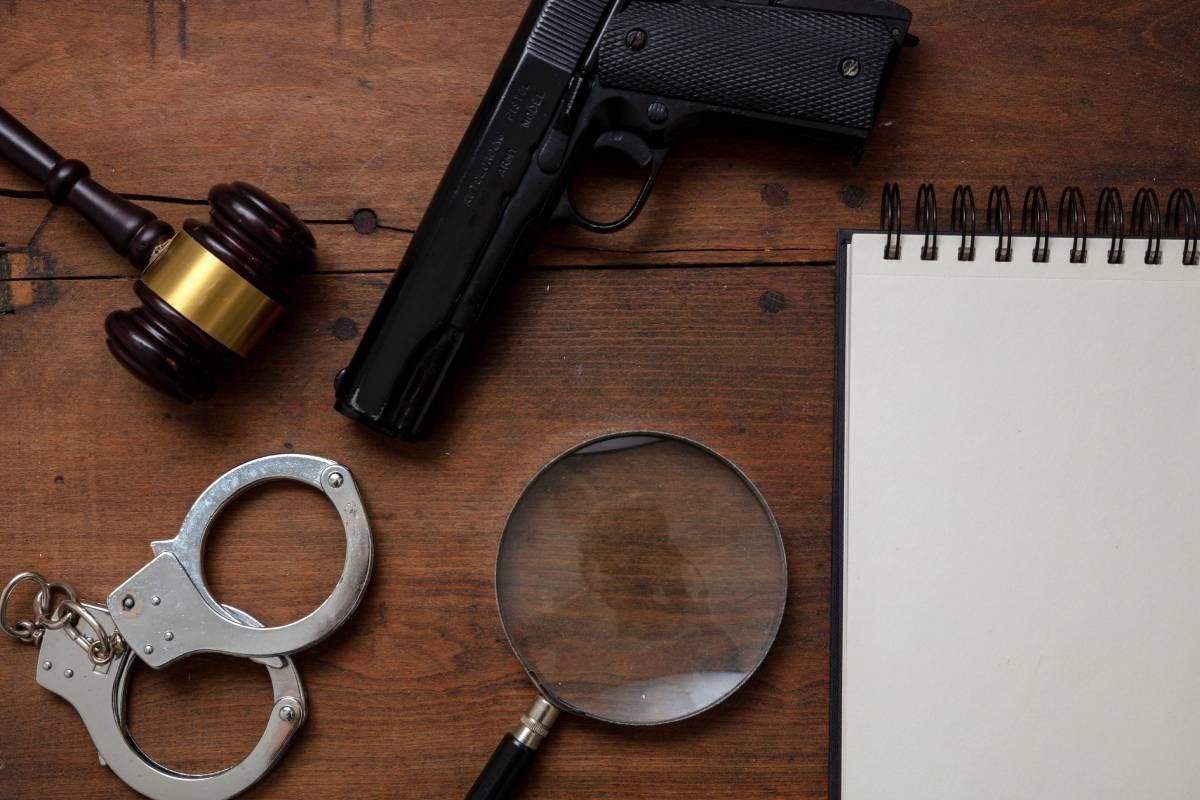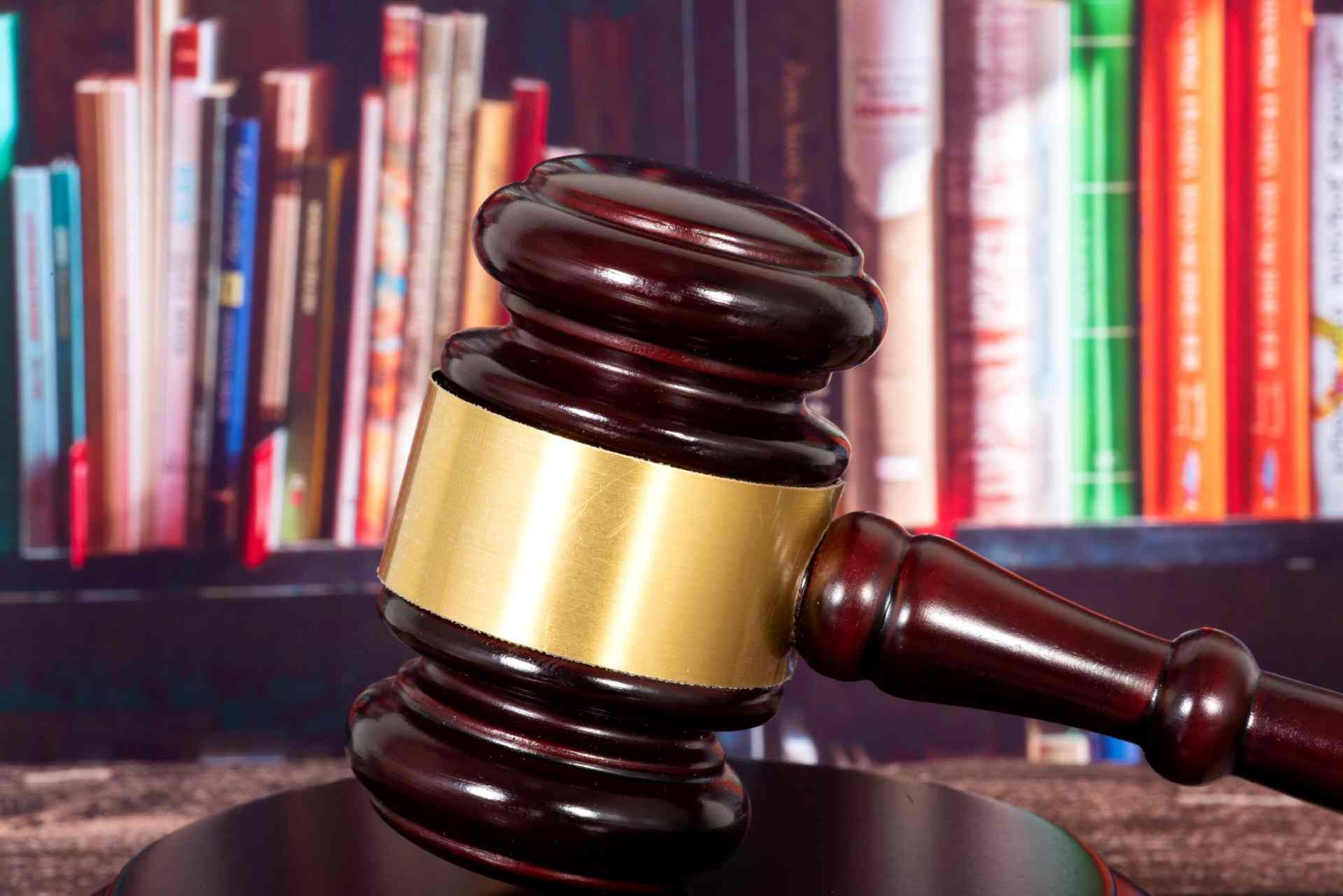Being charged as an accessory to a crime in Kentucky can be a confusing and overwhelming experience—especially if a friend or loved one is also dealing with their own legal struggles. Many people don’t understand what it means to be an accessory to a crime—so it’s important to work with an expert defense lawyer to explain these concepts, define what it means to be charged as an "accessory after the fact," and provide guidance on what to do if you're offered a plea deal.

At JPS Law, we understand the complexities of these cases and are here to help you navigate the legal system. Read on to learn more about what it means to be charged as an accessory to a crime.
What Does It Mean to Be Charged as an Accessory to a Crime?
An accessory to a crime is someone who assists—willingly or unknowingly—in the act of a criminal offense, even without directly participating in the crime itself. This can include actions such as:
- Providing information or tools to help someone commit a crime.
- Acting as a lookout during the act of a crime.
- Helping to plan a criminal act.
It's important to note that being an accessory to a crime is distinct from being the principal offender. However, the legal consequences can still be severe.
Understanding "Accessory After the Fact"
Accessory after the fact refers to someone who knows that a crime has been committed, yet assists the accused offender in avoiding arrest or in punishment by trial.
Kentucky Revised Statutes (KRS) 35.442 states that an Accessory After the Fact is “[a]ny person subject to this code who, knowing that an offense punishable by this code has been committed, receives, comforts, or assists the offender in order to hinder or prevent the person's apprehension, trial, or punishment shall be punished as a court-martial may direct.”
This can include actions such as:
- Hiding the accused from law enforcement.
- Destroying or concealing evidence.
- Providing false information to law enforcement.
In Kentucky, being an accessory after the fact is considered as a different, separate offense from the original crime. The severity of the charge depends on the nature of the original offense.
What to Do If You're Offered a Plea Deal
If you're charged as an accessory to a crime or an accessory after the fact, you may be offered a plea deal. But what is a plea deal, exactly?
A plea bargain, also known as a plea deal, is a legal agreement between the defendant and the prosecutor. In exchange for agreeing to certain conditions like pleading guilty to a lesser charge, the prosecutor may offer a reduced sentence or drop some charges.
If you're offered a plea deal, consider the following steps:
- Consult with expert criminal defense attorneys like our team at JPS Law.
- Carefully review the terms of the plea deal with counsel.
- Understand the potential consequences of accepting or rejecting the deal.
- Consider the strength of the evidence against you.
- Discuss the potential outcomes with your lawyer.
Remember, accepting a plea deal means admitting to some degree of guilt. This may or may not be something you are willing to do, as it becomes a part of your record. It's critical to make an informed decision based on your specific situation and the advice of your legal counsel.
Contact Us to Learn More
If you or a loved one is facing charges as an accessory to a crime or accessory after the fact in Kentucky, it's essential to seek experienced legal representation like our team at JPS Law. Our team of skilled defense attorneys in Lexington, KY can protect your rights and guide you through the legal process.
Contact JPS Law today for a confidential consultation and let us help you build a strong defense strategy tailored to your unique situation. We welcome you to call or text us at (859) 940-7480 or contact JPS Law online and a member of our team will reach out to you.
Disclaimer: This blog provides general information and discussion about legal topics and services. The information herein should not be construed as legal advice, and readers should not act upon this information regarding their individual case without seeking professional counsel like that from our team at JPS Law.




